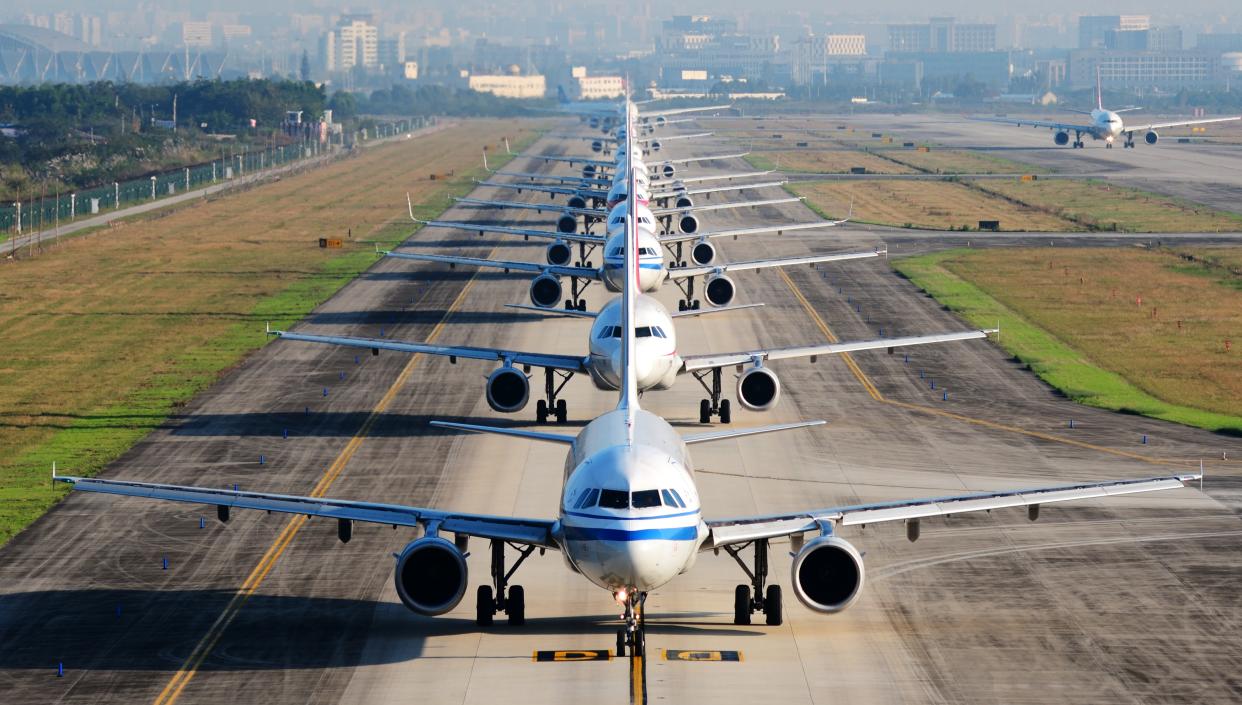Climate change fears as flyers admit that half of their flights are 'unimportant'

People who take lots of flights have become a controversial issue in the wake of headlines about climate change - but even frequent flyers themselves admit that a lot of their flights are pointless.
The rise of the 'flygskam' (flight-shaming) movement in Europe has seen celebrities such as Emma Thompson criticised for their use of aircraft.
But a study published in the Journal of Air Transport Management suggests that many flights are unimportant - even to the flyers themselves.
READ MORE
Thom Yorke brands himself a ‘hypocrite’ for climate change campaigns while flying on tour
Climate Change and eco-budgeting: How to save money and the planet
Researchers from Oxford University analysed the motives of students from Lund University in Sweden - of whom almost half said that their flights were unimportant.
Among the respondents, 21% said their flights were ‘neither unimportant nor important’, 13% had ‘limited importance’, and 8% had ‘no importance at all.’
Commercial flying currently accounts for about 2% of global carbon emissions and about 12% of transport emissions, according to data cited by the Air Transport Action Group.
By 2020, emissions from global international aviation are projected to be about 70% higher than in 2005 due to rising travel demand.
Passenger numbers are forecast to double to 8.2 billion between 2017 and 2037, according to IATA.
Dr. Debbie Hopkins, associate professor in human geography at Oxford University, said: ‘The climate emergency demands that we do something about rising volumes of air travel.
‘Yet increasing numbers are about some people traveling more rather than more people traveling by air.
‘Our research shows that much of this travel has little importance to the traveler, and it is this type of travel that we must seek to rapidly reduce, potentially by way of a frequent flyer tax.’



